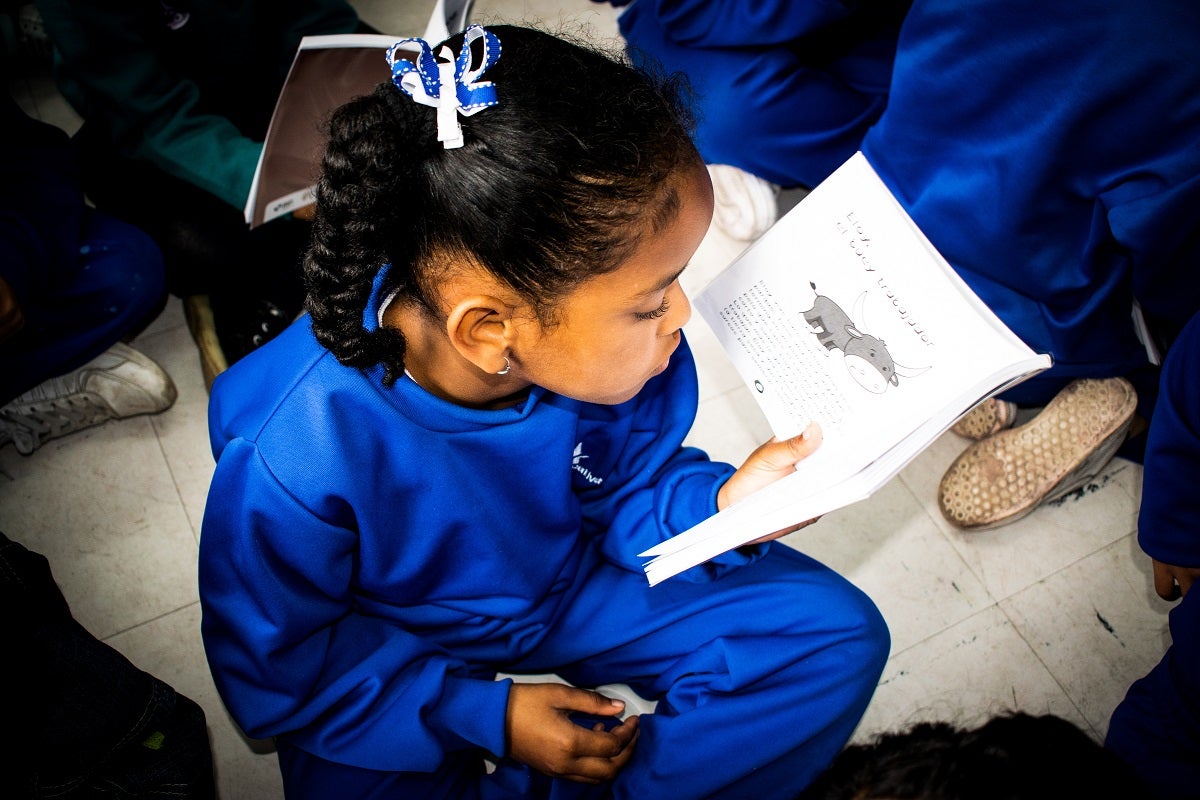Over the last several years, Haiti has been rife with ongoing political and social unrest (including a national lockdown period called Peyi-Lok), skyrocketing levels of unemployment, natural disasters including devastating hurricanes and earthquakes, the COVID-19 health crisis, and a tragic presidential assassination. In the midst of these challenges, the schooling of children in Haiti has suffered from numerous delays and extended interruptions to the academic year. With learning levels lagging far behind international standards even prior to 2018, this loss of structured instruction time over the last three years will likely have profound human capital implications for the future of Haitian students and the broader society and economy around them.
For countries like Haiti that face ongoing social, economic, political, or environmental challenges, development institutions often aim to better tailor their support to adapt to these contexts. In fact, for institutions such as the World Bank, Haiti is classified as a Fragile, Conflicted, and Violent (FCV) country and therefore requires specialized considerations in programming as outlined by the Fragility, Conflict and Violence (FCV) 2020 – 2025 Strategy of the World Bank. The IDB education team has found that the recommendations of the World Bank for operating in FCV countries has provided operational opportunities for executing operations and providing key services despite an otherwise complex context.
To address these important contextual considerations, the IDB’s education portfolio in Haiti has had two key priorities: Response and Resiliency. Through this intentional approach, the Bank team was able to successfully:
- Nourish: Converting the school-based school feeding program to a take-home rations program, providing nearly 1 million meals to 100,000 beneficiaries in spite of frequent school closures.
- Educate: Ensuring access to primary education by providing tuition waivers to vulnerable populations, including those in border schools and areas affected by insecurity.
- Innovate: Systematizing the use of low-tec digital and hybrid solutions such as pre-recorded distance education through radio broadcasting on local radio channels.
- Support: Enhancing the use of operational flexibilities such as developing emergency modalities within operator contracts, as well as enhancing monitoring and evaluation frameworks such as using a call center and grievance redress mechanism to regularly collect information from project stakeholders and on project activities.
- Collaborate: deepening relationships with education sector stakeholders and partners to better target aid while scaling engagement with civil society.
While doing its best to respond to immediate needs in the face of these crises, the Bank has also been diligently working towards resiliency. To support the development of the education system’s capacity to remain resilient to systemic shocks in the future, we continued to finance long-term, shock-resistant, educational governance activities. Through this approach, the Bank is remaining agile to the evolving needs of the education sector in Haiti while also supporting the development of strong, resilient educational governance systems. With the support of the Haiti Education Sector Plan, the Bank looks forward to continuing its multi-pronged agile approach to cementing short- and long-term achievements.


Leave a Reply